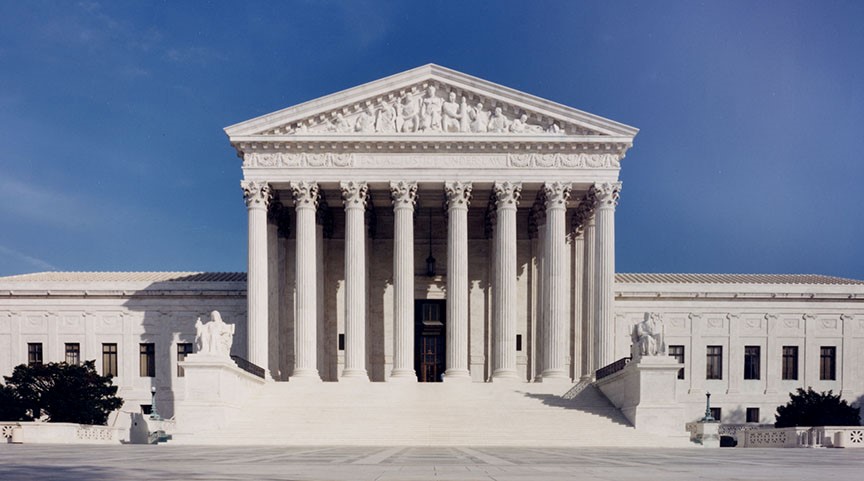
This week, the Supreme Court heard oral arguments in San Francisco v. EPA. California Coastkeeper Alliance has been watching the case closely because the Court’s decision will have major implications for how California protects its waterways from pollution.
Clean Water Permits are notoriously long and complicated documents. They require dischargers to develop detailed management plans, use industry-specific best management practices, conduct monitoring of pollutants, and report all that information to government. These permit terms create a comprehensive scheme that requires dischargers to put effective controls in place to limit the amount of pollution that enters California’s waterways.
At issue in the San Francisco case is a permit term that tells dischargers not to cause or contribute to an exceedance of water quality objectives. Water quality objectives are the various factors, such as the amount of bacteria or the health of the aquatic life, that let us know that our water is clean. The entire point of the Clean Water Act is to attain these water quality objectives. However, water quality objectives are not self-implementing, and the government must rely on permit terms to limit pollution so we can meet these objectives. San Francisco argues that the permits must give specific direction on how to avoid exceeding those objectives, and a permit term that simply says not to contribute to exceedances is too vague to be enforceable under the Clean Water Act.
While specific permit limitations are important, more generic permit terms can be necessary, flexible backstops. For example, EPA argued in front of the Supreme Court that San Francisco had withheld information about its sewer systems for years, making it impossible to create more specific permit terms. EPA claimed that, without this necessary information, it had no choice but to rely on the more generic limitations. Otherwise, San Francisco would have a free pass to pollute because it withheld information.
During the oral arguments, the Justices seemed divided on how to even approach the issue. Some, like Justice Kagan, were focused on the text of the Clean Water Act and whether the law allows for these more generic permit terms. Others, like Chief Justice Roberts and Justice Kavanaugh, were concerned with the policy implications of these prohibitions, as they make it more difficult to know when a discharger is in compliance with the law.
It is unclear how the Supreme Court is going to decide the case. Some Justices seemed to favor eliminating the more general permit terms all-together, others found them legal in all circumstances, and a middle-ground seemed to find that they were only allowed when information necessary to craft more specific permit terms was lacking. No matter how the Supreme Court decides, it will have significant impacts on Clean Water Permits in California. When that decision comes, CCKA will be there to ensure that our waterways are swimmable, fishable, and drinkable for all.
Stay informed of our policy work and our efforts to protect California’s waters by subscribing to California Coastkeeper Alliance’s monthly newsletter, becoming a lifetime member, or following us on social media: @CA_Waterkeepers.
Staff Attorney Cody Phillips advocates for statewide policies that protect water quality and access to clean water throughout California.



